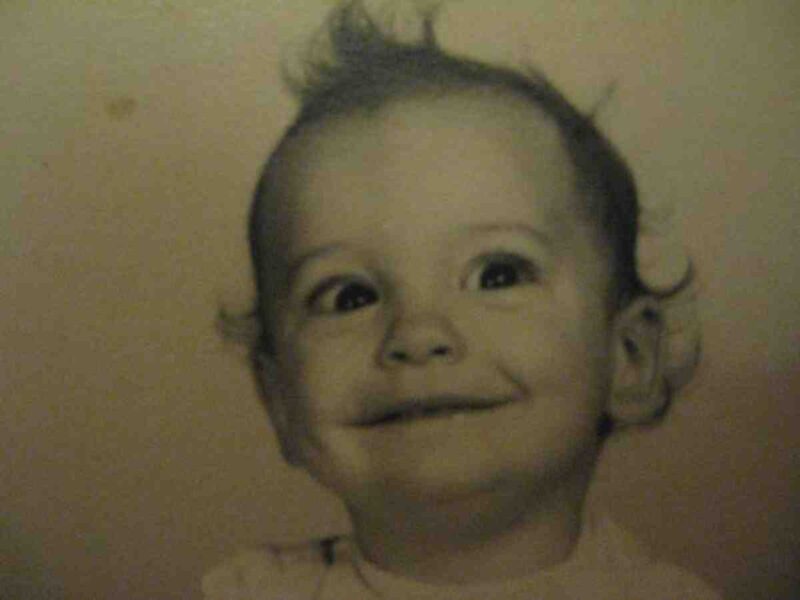Pity
If you find yourself in the grocery store, you may hit one of those moments where you are trying to recall the thing you need that you should have written on your grocery list but failed to do so because the phone rang, the infant squalled, or your buddy stopped by with a new IPA which although it is hipster beer at least is not sugar-sweet like the rest of mainstream beers.
Your mind is under assault. Tens of thousands of packages, television screens, music over the PA, people wandering in your path, even the attack of memories from recollections of various products, both nostalgia and cringing embarrassment in the recollection, and your own nervousness at being surrounded by so many other animals all conspire to form a stream of distractions.
To remedy this, you try to find a quiet place. Absolutely no one hangs out in the barbecue aisle during winter, and the health food area is always abandoned except for a few spectral waif-people looking like they are ready to cross over any minute. Sometimes the pet aisle is free. You go there for silence and a moment to think, but the formerly empty aisle fills up quickly.
What would make people leave the other parts of a busy grocery store to go to this aisle? The answer is comparison bias, a form of relativity. They would not have noticed how nice an empty aisle is until you could be seen enjoying one. But then, it suddenly looked like… The Good Life.™
Humanity at large is the same thing with more parts. Someone makes something good, and “everybody else” shows up to get their share. They are pathetic, and so we pity them. This is our first mistake; we should not blaspheme against biology by favoring those who are useless. That is poison to our future generations.
I understand pity. When I was younger, and did not know how condescending it was, I had lots of pity. Pity for the lost pets by the side of the road (this was legitimate). Pity for the less socially successful. Pity for the poor, minorities, and lost weak and directionless people everywhere.
As time went on, I realized that pity was just egotism. We pity others so that we feel more powerful. Acts of charity are designed for us to have a sense of being in control, and therefore were condescending to the pitied. Pity is basically grotesque arrogance and camouflaged narcissism.
How many people talk about “the homeless” in hushed reverential terms, and deify them into virtuous victims who can do no wrong? This is a pathology, and pathologies always come from a need for power. The same is true of the race cult or endorsement of the Have-Nots versus Haves war which has been ongoing in the West for centuries.
Pity makes us weaker. Instead of looking at what we can actually do to improve things — reduce costs, raise quality, enforce order, point toward transcendent directions — we are hitching our hopes to the impossible, namely that insane drug addicts like the homeless will suddenly change their character.
They will not; they cannot. Character is innate. You are born to be who you are, and they are born to be something different. If you want life to improve, as sad as it seems, embrace natural selection. Cut the liquor taxes and decriminalize drugs so the homeless can be bums more cheaply.
If you want, cut the property taxes, end immigration, and remove obstacles to construction so that cheaper housing can be made. This will affect very few of the homeless, since their real problem is insanity and drug addiction, but for the few who are just broke, they will at least have a roof over their heads.
Tenements are not the cause of poverty, but its solution. To have affordable housing, you have to make it cheaply. That means placing it where no one else wants to live, hacking it together out of what you have, and realizing that this is the best option. Then cut those taxes so winos can drink for a few bucks a day.
The core of the Age of Symbolism is the idea of having power over nature (which we then assume is bad) through symbols. This makes the individualist feel good, so they replicate it everywhere. But like all things in our heads alone, it leads to destruction, and we suspect that, so accepting it makes us accept insanity and self-destruct in the process.
Tags: age of symbolism, biological determinism, calvinism, pity, social darwinism, the homeless










